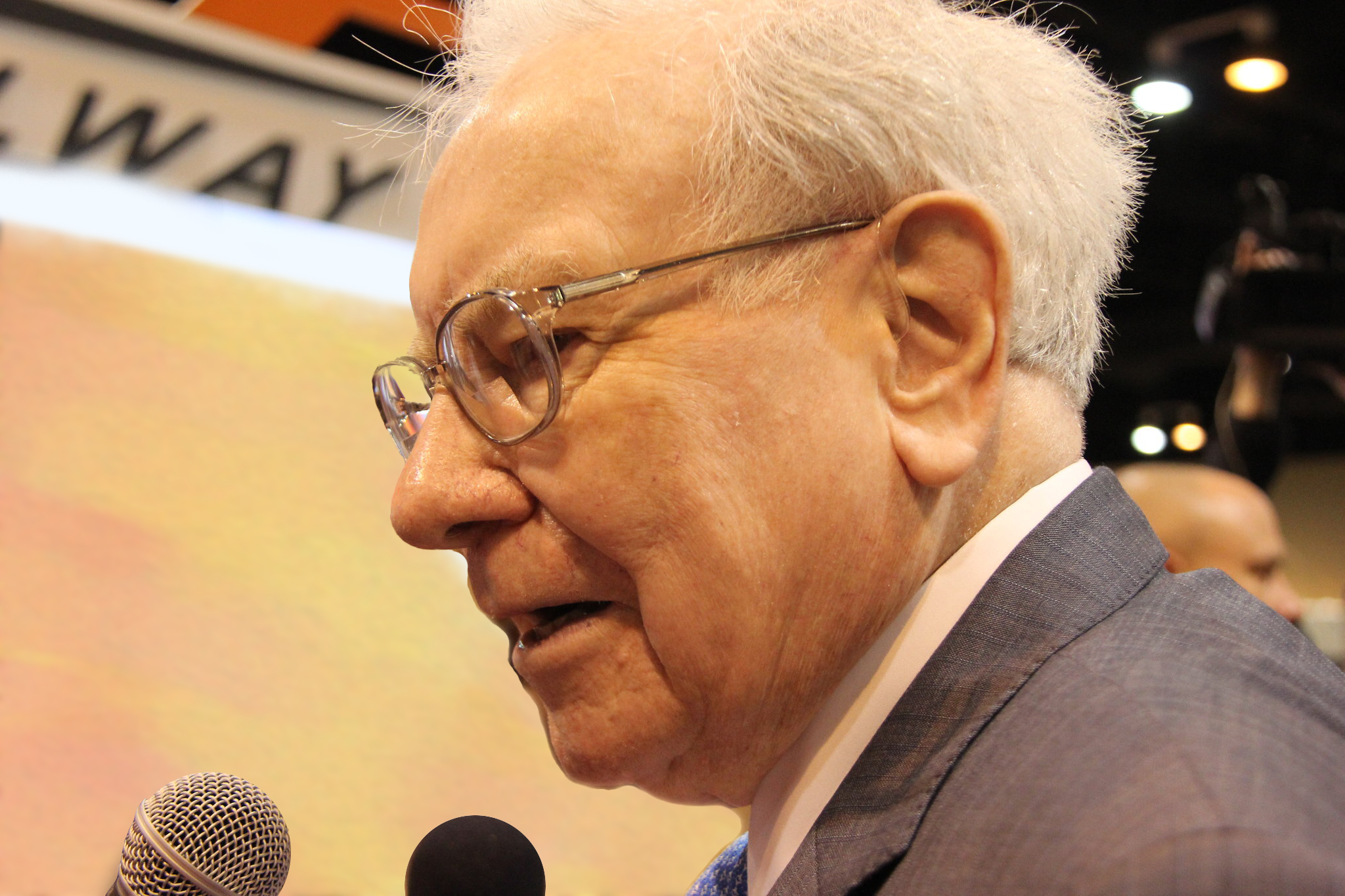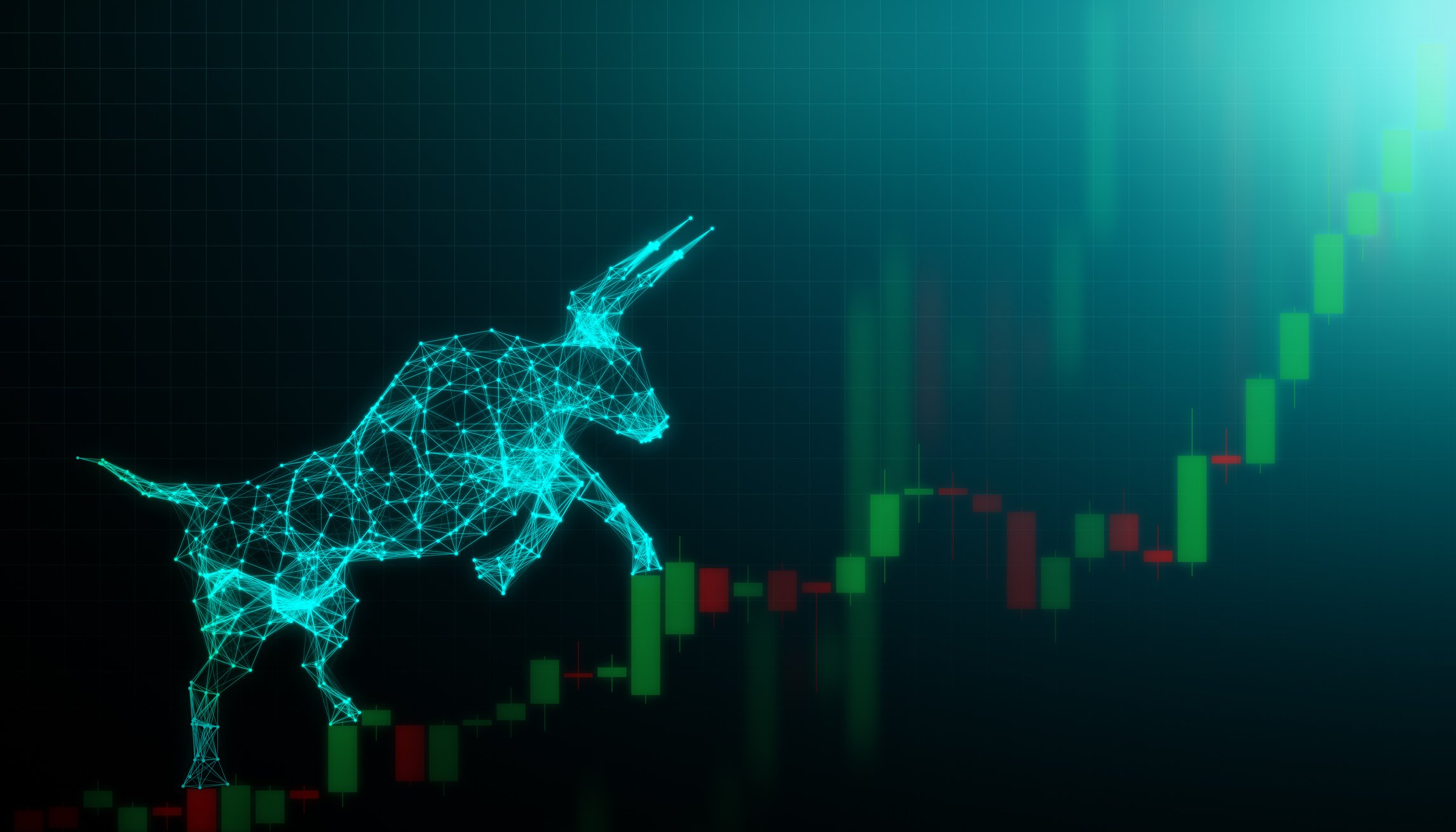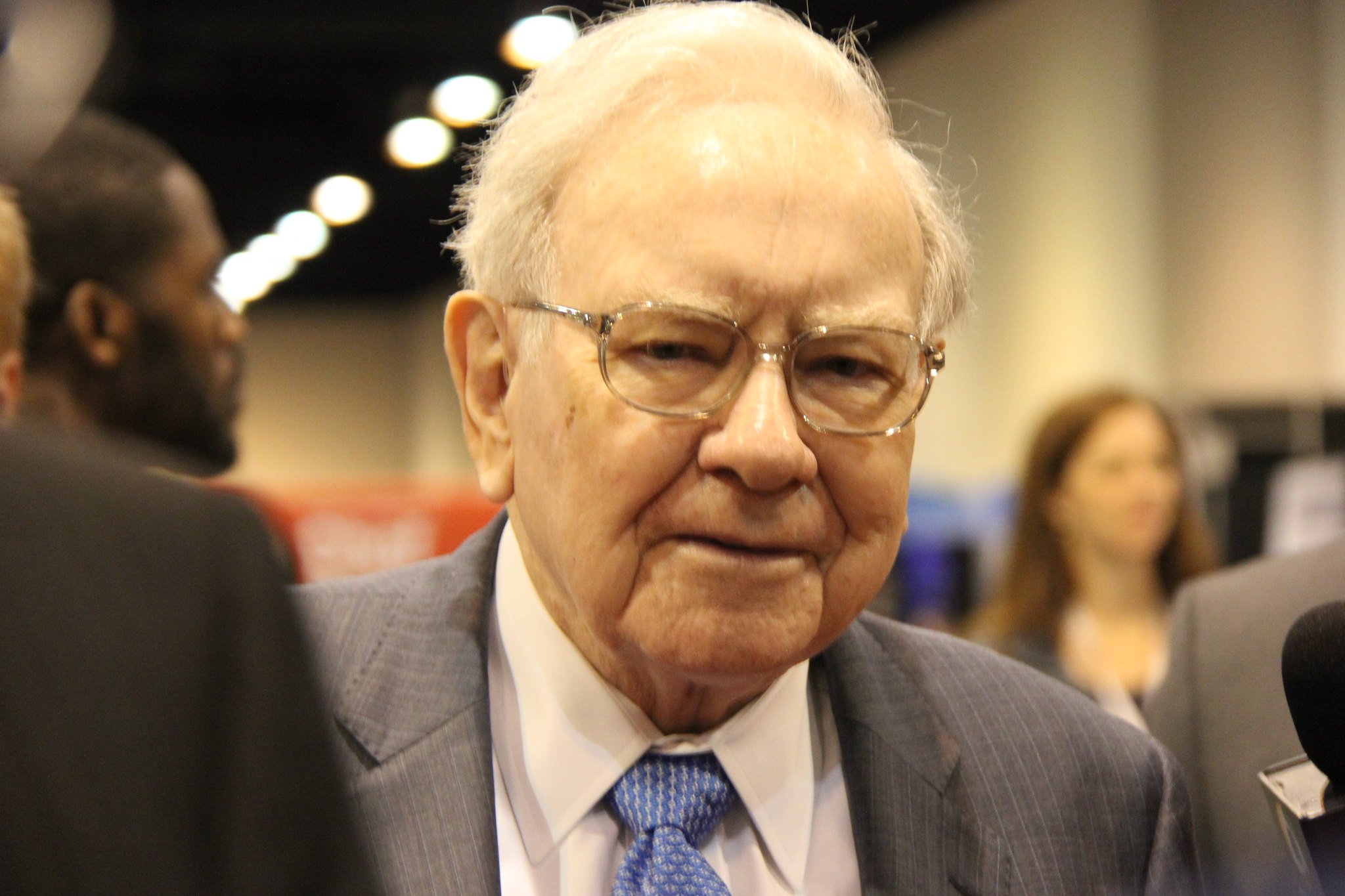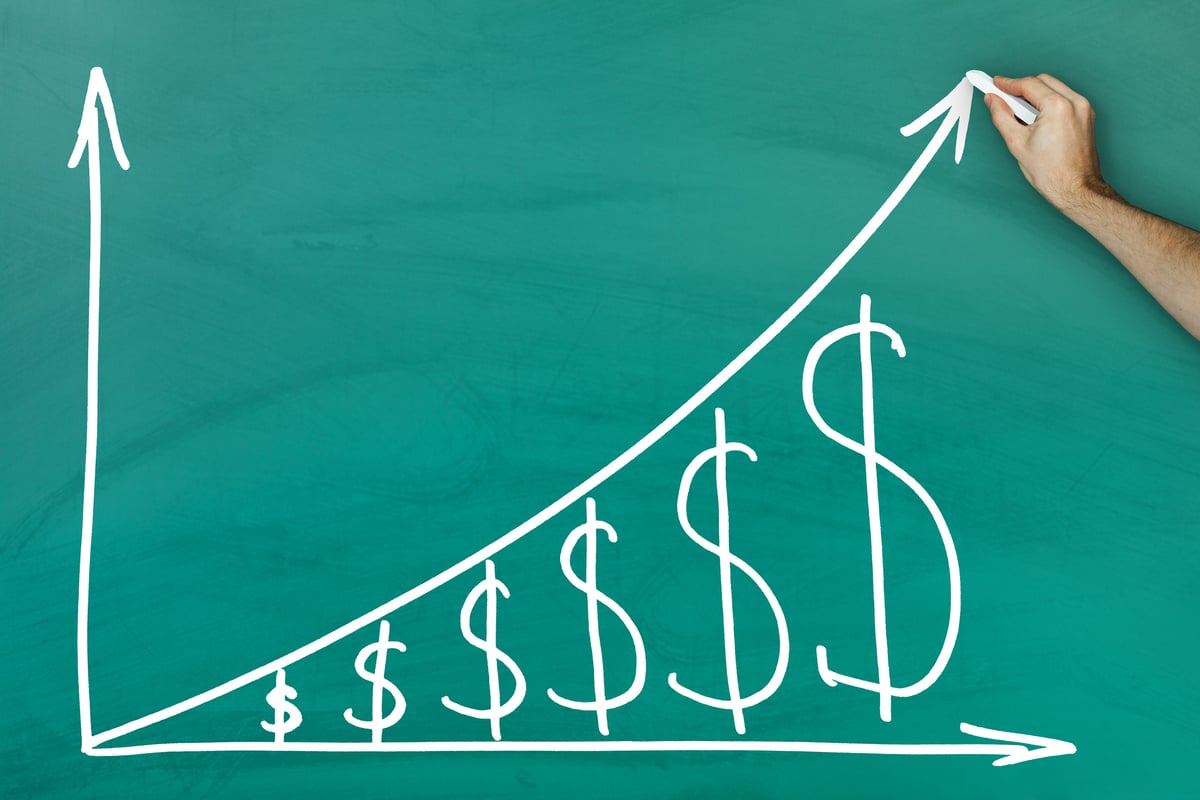Berkshire Hathaway (BRK.A 0.64%)(BRK.B 0.09%) isn't a particularly exciting business -- especially in the modern world of rapidly evolving AI technology and the numerous stocks soaring to trillion-dollar valuations as a result.
However, there's a lot to like about Berkshire Hathaway from a long-term perspective. It owns a collection of great businesses, most of which should perform quite well regardless of what the economic or political environment is. It invests in common stocks and has a long history of smart investments that outperform the market. And finally, the company has an unmatched $344 billion cash stockpile, which gives it tremendous flexibility to pursue opportunities and take advantage of market crashes and corrections over time.

Image source: Getty Images.
In fact, I'm going to make a bold prediction. By the end of 2030 -- a little over five years from now -- I'm predicting that Berkshire Hathaway will have a larger market cap than AI leader Broadcom (AVGO +0.90%).
Broadcom has a market cap of more than $1.7 trillion and its stock has tremendous momentum, up by 108% in the past year alone. On the other hand, Berkshire's valuation sits at just over $1 trillion, and while Berkshire might be a lot of good things, a "momentum stock" isn't one of them.
However, I think Berkshire surpassing Broadcom within the next five years is completely possible and even likely. And here's why.
Slow and steady
I'm not making this prediction because I think Berkshire is going to rapidly double or triple. And let me be perfectly clear -- Broadcom is a great business. But I'm making this call with two main things in mind.
Broadcom's valuation has become a bit disconnected from its realistic growth potential, with the stock trading for 96 times earnings and 30 times trailing 12-month sales. The company's recent 22% year-over-year revenue growth is solid, but quite frankly it doesn't justify the valuation. So, I think Broadcom has a good chance of underperforming over the next five years.
Meanwhile, Berkshire is a slow-and-steady compounding machine, and there's a solid case to be made that the stock is cheap. After backing out cash and the value of the stock portfolio from its market cap, Berkshire's operating businesses are trading for less than 15 times earnings.
Berkshire isn't likely to produce rapid gains for investors, but it certainly has the capability to marginally outperform the market over time. A 12% annualized return would put Berkshire's market cap ahead of where Broadcom is today, and based on the company's track record and current cheap valuation, I think that's entirely possible.








